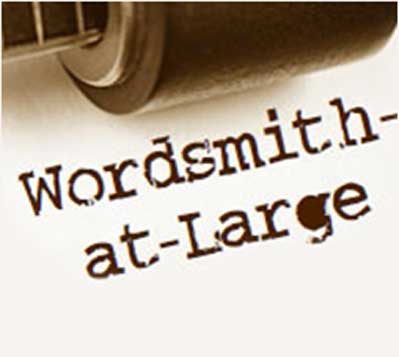December 7, 1941. November 22, 1963. September 11, 2001. There are days in history that freeze time. Every generation, it seems, has at least one. Those who fought in or lived through World War II never forgot where they were on the Sunday they heard the news that some far-off place in Hawaii called Pearl Harbor had been bombed by the Japanese. “Boomers” can immediately recall the exact time and place they got the news about President John Kennedy being shot and killed in Dallas. And anyone born after about 1990 can tell you what TV channel they were watching when the buildings came down on a bright sunny morning in New York.
Tragic events have a way of uniting people. Prior to Pearl Harbor there was great debate in this country about whether the U.S. should get involved in the war that was raging in Europe. Germany had invaded Poland more than two years prior and had basically run roughshod over the whole of the continent. England remained fearful that their time was coming and desperately sought the help of America.
Isolationists such as Charles Lindbergh and more than a few members of Congress thought that the war was really a dispute between foreign nations and the U.S. just shouldn’t get involved. Rather than antagonizing either side, they were more in favor of building up America’s defenses.
Interventionists, on the other hand, thought the United States had practical and economic reasons to get involved. Hitler was quickly gaining strength, and they thought Western Europe was a critical front line of defense. Plus, the world was still reeling from the Great Depression, and it was thought that spending on war materiel might help revive the economy.
Once the bombs hit the battleship Arizona, however, Americans were almost universally united in their quest to win the battle.
In 1963, the country was being pulled apart by the Civil Rights movement. Some strides toward equality had been made, but there was still great opposition that sometimes led to violence, despite the pleas from movement leaders. But after Lee Harvey Oswald shot JFK, everyone in the country bonded in grief. As the new President, and a master of seizing the political moment, Lyndon Johnson was able to cobble together enough support to persuade Congress to pass culturally-changing Civil Rights and social legislation with the backing of a majority of the country.
The events of September 11, 2001, came shortly after an extremely contentious presidential campaign. The race between George W. Bush and Al Gore left a bitter taste in the mouths of many. Especially since it wasn’t decided by the Supreme Court until December that Bush had won the disputed electoral votes in Florida. (Anybody remember “hanging chads”?)
The divide was still great in the country when we were all shocked and outraged by airplanes flown into the Twin Towers and the Pentagon, and one thwarted from reaching the Capitol or the White House by heroes crashing into Pennsylvania farmland.
When President Bush stood atop the still smoldering rubble with a firefighter and a bullhorn, we were as close to one people as we had been in a long, long time.
As We the People reflect on the 20th anniversary of a tragic day, it’s sad to note that today, the case can be made that we’ve never been further apart. Politics (as usual) and a pandemic are the biggest culprits, of course, but there are many things that separate us.
Hopefully, it won’t take an epic disaster to mend the rents that have torn us asunder. Mr. Lincoln, as usual, summed up our situation by commenting that “A house divided against itself cannot stand” during his Senate campaign in 1858, just before the commencing of the UnCivil War, as Paul Harvey used to call it.
You know, there are good things that bring us together as well as the bad. When Neil Armstrong and Buzz Aldrin stepped out of the lunar landing module onto the surface of the Moon in 1969, the whole world stopped and watched – and celebrated as one. Not a whole lot of people objected to one of mankind’s greatest achievements.
As the solemn ceremonies play out on the 2021 anniversary of the events of 9/11, maybe we could all pause for a moment and think about what unites us. At the first major league baseball game after the planes hit, 54,000 New York fans rose as one to roar their approval of the President throwing out the first pitch. Thinking about it still gives me chills. Let’s never forget similar moments that bring us together. We’re too good as a whole to fight among ourselves.
©MMXXI. William J. Lewis, III – Freelance Writer


Leave A Comment